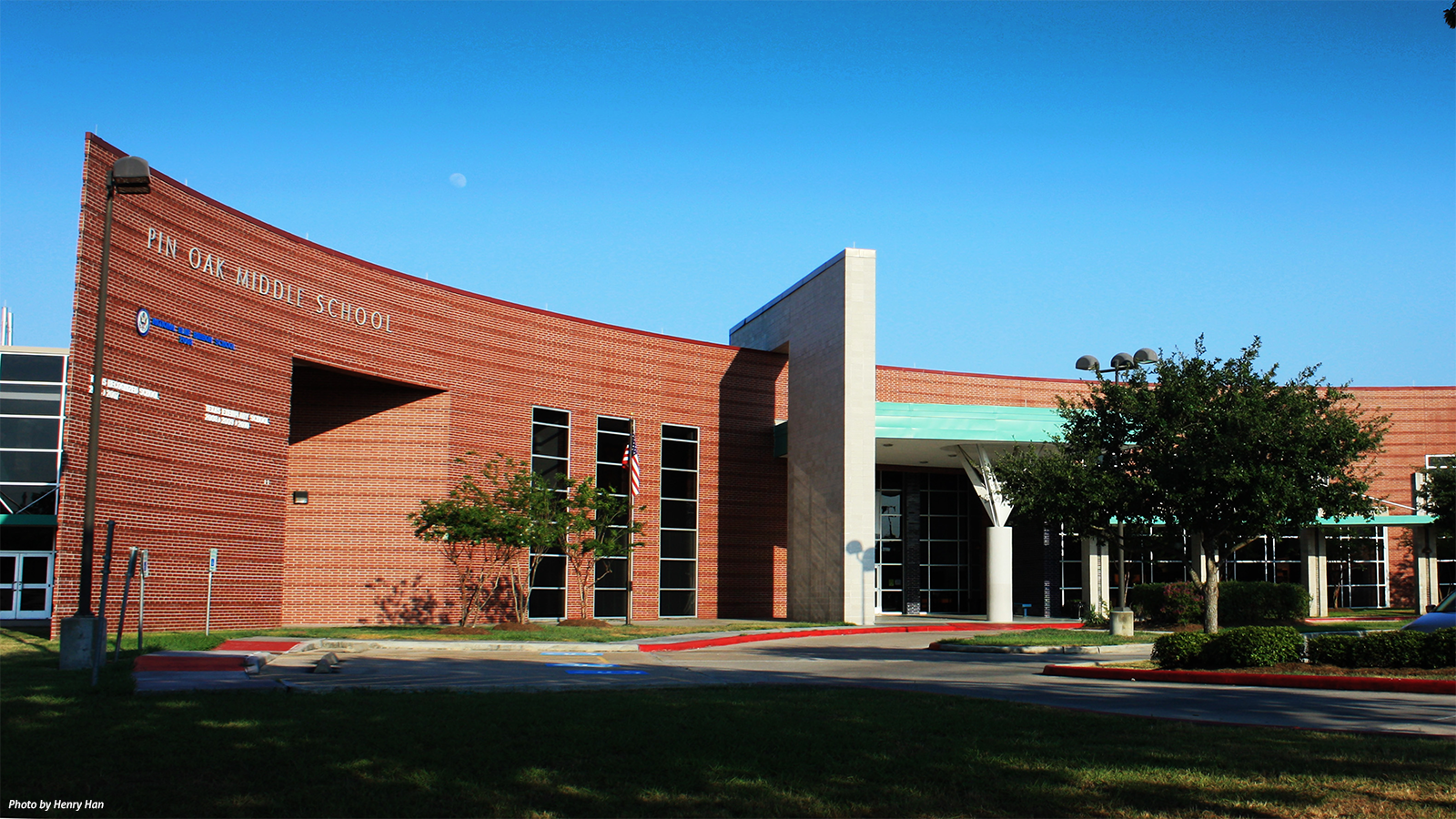Sign Up With Us: Occasions and Initiatives to Save Temecula Schools
Wiki Article
Important Criteria to Take Into Consideration When Assessing Potential Colleges for Enrollment
When taking into consideration colleges for enrollment, reviewing crucial requirements becomes paramount to ensuring a helpful understanding environment. Key factors such as the positioning of scholastic programs with pupils' aspirations, the qualifications of professor, and the impact of course sizes on personalized interest are important. The existence of robust resources and centers, along with a diverse range of extracurricular activities, can significantly improve instructional experiences. Additionally, the school's culture need to advertise regard and inclusivity to cultivate a helpful neighborhood. Each of these aspects plays an important function, yet how do they adjoin to form the suitable educational setting?Academic Programs
When assessing prospective institutions for enrollment, taking into consideration the breadth and deepness of their academic programs is vital. Top notch scholastic programs not only identify the educational worth a pupil will get but additionally influence future chances and job courses. Possible students and their households ought to inspect the educational program to guarantee it aligns with the pupil's academic rate of interests and occupation goals.
Certification is a crucial factor, as it signifies that the institution fulfills well established requirements of top quality. In addition, the variety certainly offerings, including advanced placement (AP) or Global Baccalaureate (IB) programs, can considerably improve a student's knowing experience. Colleges with durable academic tracks in STEM, humanities, and the arts indicate a commitment to comprehensive education and learning.
Professors credentials and student-to-teacher ratios are additionally key indications of academic quality (Save Temecula Schools). Extremely credentialed instructors and smaller course dimensions commonly cause even more individualized attention and a far better academic experience. Additionally, the availability of scholastic resources such as collections, laboratories, and innovation hubs can further enhance the understanding setting.
Evaluating these components ensures that the picked institution gives a rigorous and encouraging scholastic structure, important for promoting intellectual development and preparing students for future success.
Extracurricular Tasks
Beyond the scholastic realm, after-school activities play a significant function fit an all-around academic experience. These activities provide students with opportunities to establish skills that extend beyond the class, such as synergy, management, and time management. When reviewing potential institutions for registration, it is necessary to take into consideration the selection and quality of extracurricular programs used.A varied array of activities, consisting of sporting activities, arts, songs, debate clubs, and social work initiatives, can accommodate various interests and talents. Colleges that support a broad range of extracurriculars demonstrate a commitment to promoting all natural advancement. Additionally, participation in these activities can enhance university applications and resumes, showcasing a trainee's capacity to balance multiple responsibilities.
Furthermore, take into consideration the level of trainee engagement and the college's inspiration of engagement. Colleges that proactively promote extracurricular participation usually develop a vivid, inclusive area.
Course Dimensions
When reviewing potential schools for enrollment is course dimension,One of the important factors to take into consideration. Course size substantially influences the quality of education that a student gets. Smaller sized course dimensions usually enable even more personalized interest from teachers, which can lead to improved academic end results. Educators are better able to determine and resolve the unique requirements of each student, promoting a more individualized understanding experience. Furthermore, in smaller classes, pupils news are extra likely to take part in conversations and involve with the product, improving their general understanding and important reasoning skills.Additionally, smaller sized class sizes can add to a more cohesive classroom atmosphere. With less students, there is a higher chance for developing solid connections between peers and instructors, which can boost the knowing ambience and promote a sense of community. This likewise permits even more reliable classroom administration, as teachers can dedicate even more time to maintaining a positive and effective setting.

School Society
When assessing prospective colleges for registration,Comprehending the value of school society is important. School culture incorporates the worths, ideas, and behaviors that form the social and discovering environment. A supportive and comprehensive society fosters student interaction, scholastic success, and personal development. Evaluating an institution's society includes observing interactions amongst students, instructors, and personnel, in addition to comprehending the college's objective, values, and expectations.Possible moms and dads and pupils ought to look for schools that prioritize regard, cooperation, and a favorable ethos. Seek signs such as strong student-teacher relationships, energetic participation in college tasks, and a sense of neighborhood. A healthy school culture typically advertises diversity and inclusion, ensuring that students from different histories really feel welcomed and valued.
Furthermore, a favorable college culture urges open communication and provides trainees with a safe setting to reveal themselves. When checking out a college, involve with existing pupils and staff to determine their contentment and sense of belonging.
Facilities and Resources
When evaluating possible colleges for enrollment, the quality and accessibility of centers and sources play an important function in forming the academic experience. An institution equipped with modern-day amenities can dramatically improve discovering results. Classrooms ought to be well-designed, cultivating an environment favorable to both focus and imagination. Laboratories, whether for science, modern technology, or languages, need to be well-maintained and up-to-date to supply hands-on understanding possibilities.Collections are an additional foundation of academic excellence (Save Temecula Schools). A well-stocked collection with a varied variety of books, journals, and digital sources can support pupils' study needs and foster a culture of reading and questions.
Technology is important in today's educational landscape. Colleges need to provide trusted web accessibility, computer laboratories, and wise classrooms check my site to help with digital learning. In addition, specialized resources such as art studios, songs rooms, and theater rooms can nurture imaginative talents.
Eventually, the breadth and quality of a school's sources and centers can considerably affect a pupil's general growth. Hence, parents ought to very straight from the source carefully analyze these facets to ensure an all-around and enhancing instructional experience.
Verdict
In summary, examining possible schools for enrollment requires an extensive evaluation of a number of vital factors. Furthermore, an institution society that stresses regard and inclusivity is important to producing a supportive and effective discovering atmosphere.
A healthy institution society usually promotes variety and addition, making sure that students from diverse backgrounds really feel welcomed and valued.
Furthermore, a favorable institution society motivates open interaction and supplies pupils with a secure setting to reveal themselves.
Report this wiki page